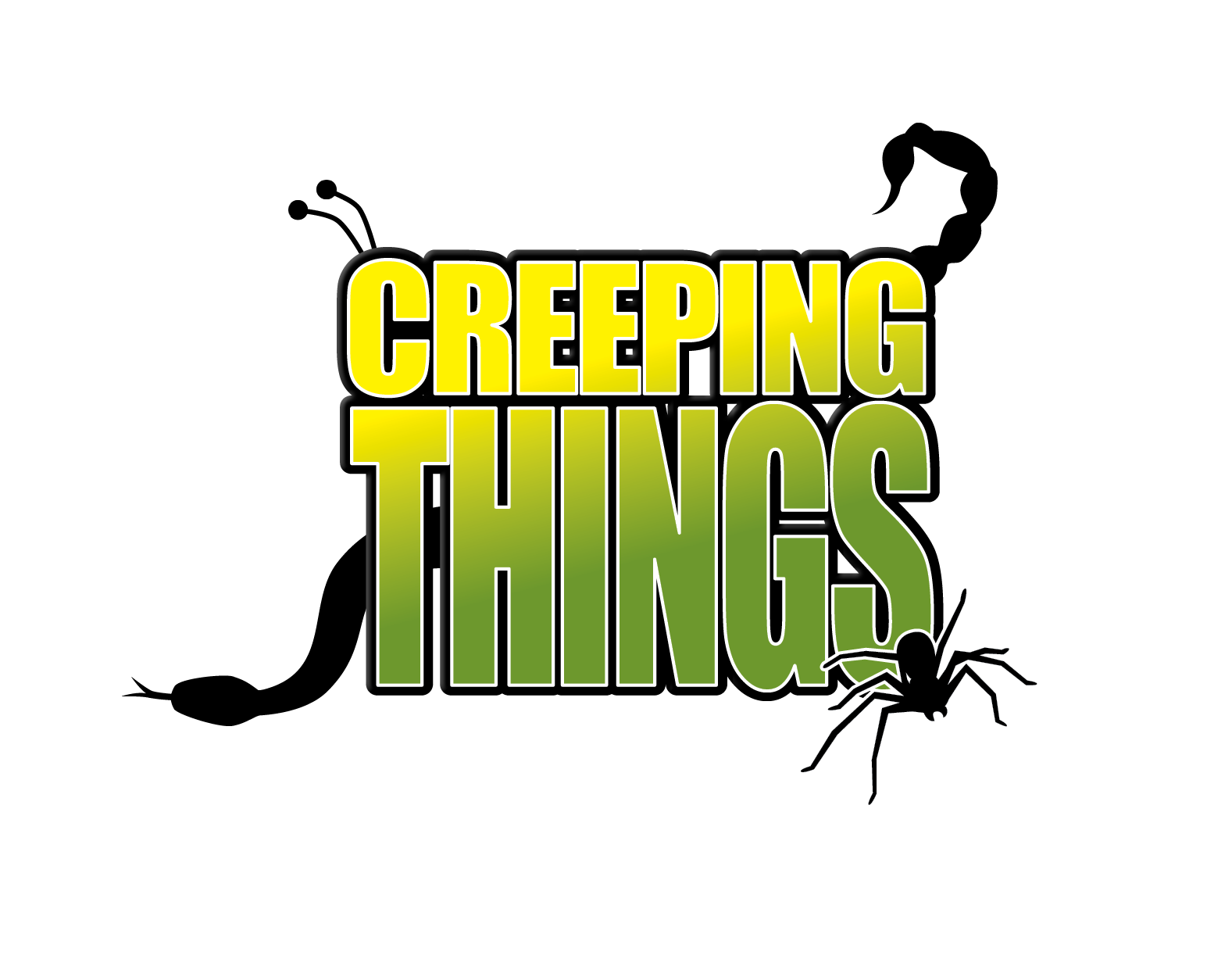- the ability to see, hear, or become aware of something through the senses.“the normal limits to human perception”the state of being or process of becoming aware of something through the senses.“the perception of pain”
synonyms: recognition, awareness, consciousness, appreciation, realization, knowledge, grasp, understanding, comprehension, apprehension;
formal cognizance“our perception of our own limitations”a way of regarding, understanding, or interpreting something; a mental impression.“Hollywood’s perception of the tastes of the American public”synonyms: impression, idea, conception, notion, thought, belief, judgment, estimation “popular perceptions of old age”Definition taken from Google
The way we see the world around us, our vision, is affected by many things. Whether we acknowledge it or not, none of us view life without some sort of bias. I see the world through a biblical lens. The biblical worldview should be shared by all of us that have turned from trusting in ourselves and have put all of our faith and trust in our Creator, Savior, and Redeemer, the Lord Jesus Christ. We should interpret every situation through a Christian outlook that comes from a careful reading of the Word of God. Our worldview will shape our understanding of everything from philosophy and psychology to scientific inquiry and the interpretation of historical science.
That said, I would like to bring up a somewhat comical observance about how our everyday perception can be skewed. It is often brought to my attention that the internet has revealed another amazingly huge reptile or amphibian of incredible, never before seen dimensions. These massive beasts are usually touted as the new world record, complete with a list of unbelievable stats. Images quickly go viral and someone will ask me if I saw that 14-foot rattlesnake or that 900 pound anaconda or some such photo making the rounds. Without spending a great deal of my time going in to detail about each individual account, I just want to address one issue by sharing a couple of images that a friend of mine took a few years ago.
That is me pictured below and in each image I have a Southern Pacific Rattlesnake (Crotalus oreganus helleri) in my snake tongs. I raise the following question to test the readers’ perception skill level.
 How much longer is snake number two than snake number one?
How much longer is snake number two than snake number one?a. 5 inches
b. 9 inches
c. 18 inches
How many of you said 9 inches? Well guess what, all three of the given options are completely false.

snake perception trick You were given three erroneous conclusions that may have seemed plausible because we began with the wrong question. I asked, “How much longer is snake number two than snake number one?” Before we can answer that question, we should first ask, “Are snake number one and snake number two the same snake?” I apologize for leading you astray, but you can see how easily an image can give you the wrong impression. In the photo on the left the snake is slightly farther away from the camera than I am. In the image on the right, the snake is about four feet closer to the camera than I am. People often use this trick when fishing, as they hold their catch out toward the camera for the photo. There is no Photoshopping or other editing necessary to pull this off.
Another way that an image may be misleading, is if a subject appears without anything else in the photo provided for frame of reference. It may be difficult to determine the size of the snake pictured below.

Close up of a Ring-necked or “Ringneck” snake (Diadophis punctatus). Now take a look at the same subject with my daughter’s hand for frame of reference.

Ring-necked Snake (Diadophis punctatus) in Aiyana’s hand These images did not require any tricky editing of any kind, now consider how easy it is to use Photoshop and other photo editing software for even more outrageous effects. The internet is full of altered images and fanciful stories so please, unless you have intimate knowledge of the account being circulated, please do not take it as cold hard fact.
Similarly, scientific disciplines are dominated by secularists who have a humanistic worldview. They often come to the wrong conclusions because they have dismissed the possibility of a Creator and Designer and are thus asking the wrong questions and coming to erroneous conclusions.
Perception
per·cep·tion
pərˈsepSH(ə)n/
noun

 How much longer is snake number two than snake number one?
How much longer is snake number two than snake number one?

